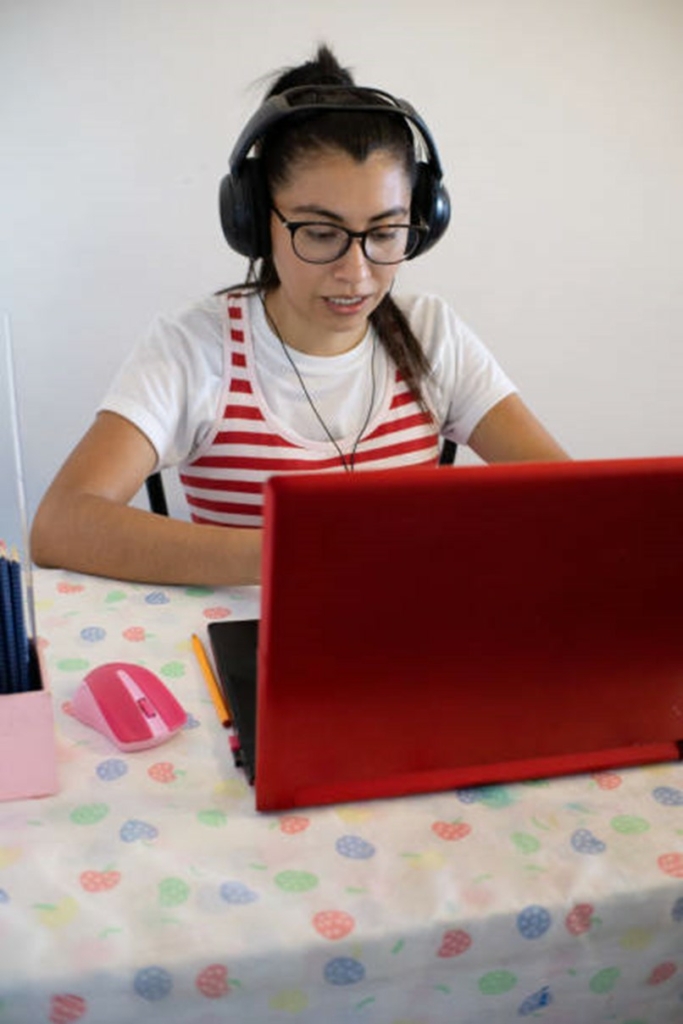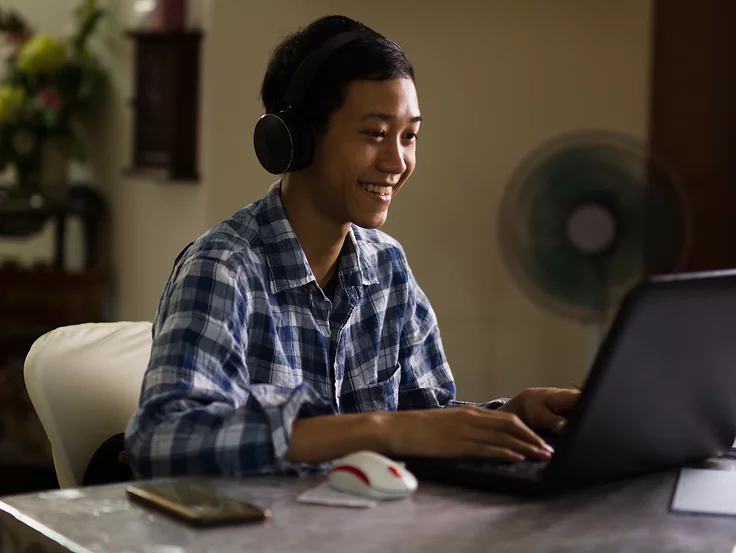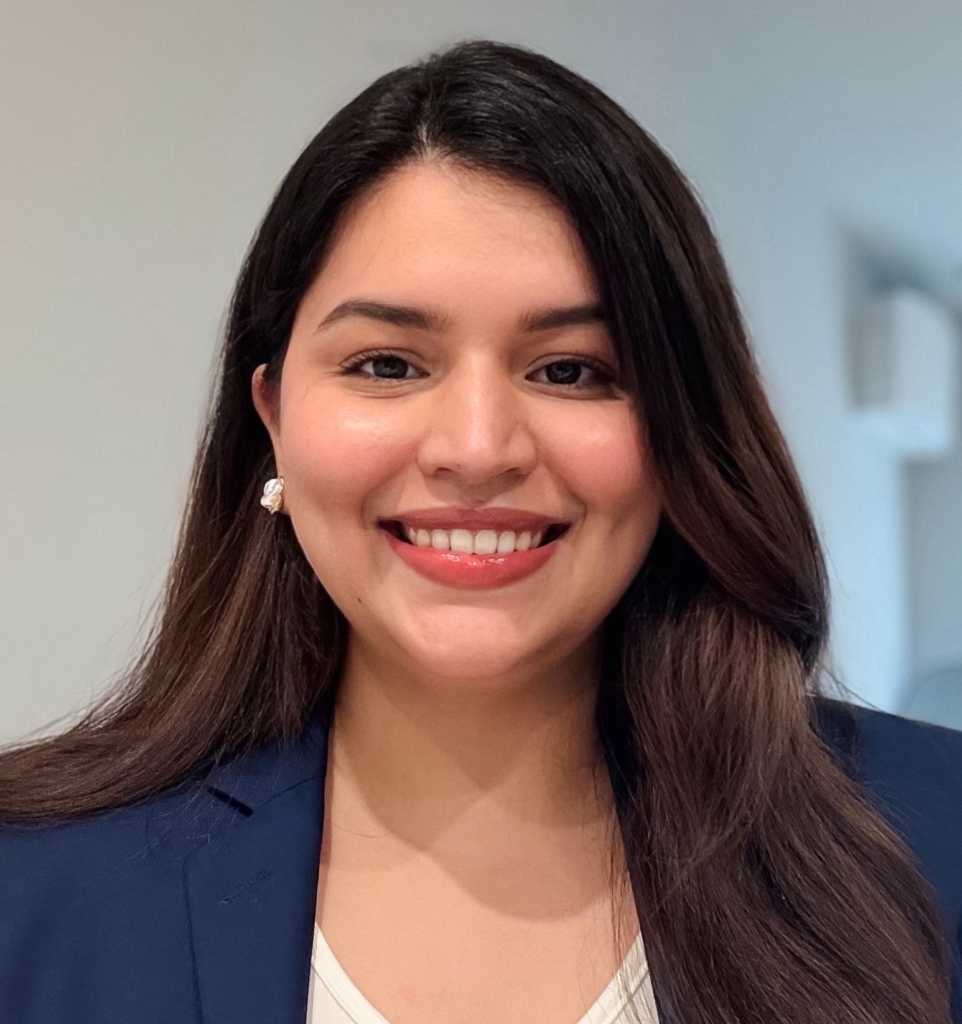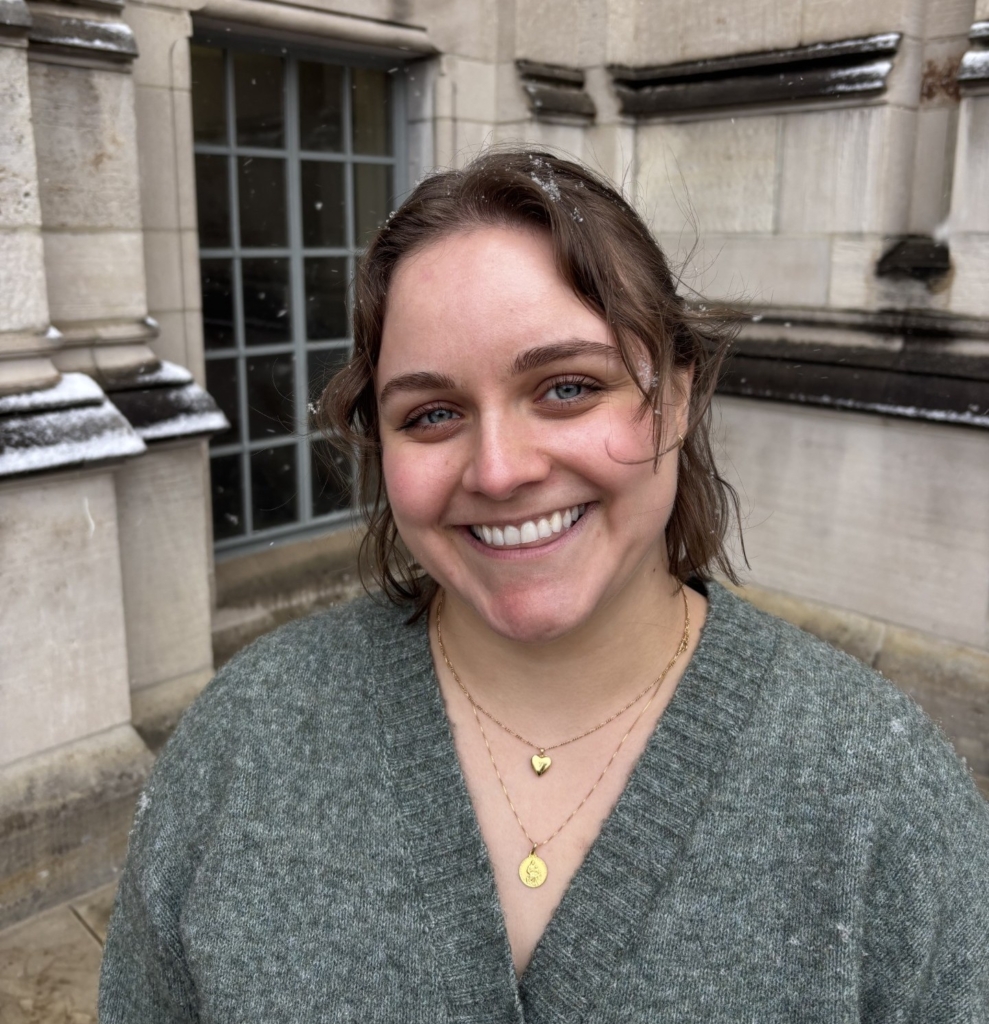acf domain was triggered too early. This is usually an indicator for some code in the plugin or theme running too early. Translations should be loaded at the init action or later. Please see Debugging in WordPress for more information. (This message was added in version 6.7.0.) in /nas/content/live/lmssplash/wp-includes/functions.php on line 6131
The Brookline Center has assembled a diverse team and partnerships dedicated to:
Learn more about our project today:




Carla (she/her) is a behavioral health leader and public health strategist with over 25 years of experience advancing equity-driven innovation across healthcare, education, and community systems. She holds dual master’s degrees in Clinical Mental Health Counseling and Expressive Therapy (art, music, and dance), and her career began in community psychiatric rehabilitation, where she worked directly with individuals and families navigating complex behavioral and social health challenges.
Carla currently serves as Director of the Massachusetts School-Based Telebehavioral Health (SBTBH) Pilot Program at The Brookline Center, where she oversees statewide implementation, evaluation partnerships, and workforce development focused on equity and sustainability. Her experience spans managed care, integrated care management, clinical quality systems, and policy innovation, with a consistent focus on addressing social determinants of health and expanding culturally and linguistically responsive services.
In addition to her nonprofit leadership, Carla is a Human Design Career & Business Consultant, meditation teacher, and founder of the Resilience Rise community, where she guides individuals and organizations to alignment with their natural rhythms to achieve resilience, growth, and lasting impact.

Bri (she/they), CAPM, is the Program Manager for the MA School-Based Telebehavioral Health Program at the Brookline Center for Community Mental Health. She started as a Project Coordinator in January 2022. They filled in the project management function of the team. Bri became a Certified Associate Project Manager through the Project Management Institute in August 2023. In July 2024, she was promoted to Program Manager, taking over the day-to-day management of the program and the team. They graduated with a Bachelor of Arts in English (with a minor in gender studies) from Suffolk University in 2016 and completed the William James Behavioral Health Service Corps program in 2023. Bri is pursuing a Masters in Counseling Psychology at Framingham State University (Jan 2025-present). She has experience in data analysis (2017-2019) and production coordination in international education (2019-2021). As a member of the queer community, they hope to highlight the needs of this at-risk group of youth while servicing the MA School-Based TBH program.

Siddhi (she/her) is the Project Manager for the Massachusetts School-Based Telebehavioral Health (SBTBH) Program at The Brookline Center for Community Mental Health. She first joined the Center in June 2024 as the Innovation Project Manager, where she led cross-functional initiatives and filled the project management function within the Innovation Institute.
In June 2025, Siddhi transitioned into her current role, focusing on implementation, project management and coordination across schools and partners.
She holds a Master’s in Project Management (with a major in Business Analysis) from Northeastern University, Boston, 2023. She has experience in hospitality (2017–2021), product management, project management, and business analysis (2021–2025), with a particular passion for using data to drive impact and tell meaningful stories.
She is deeply committed to equity and diversity in mental health care. She is passionate about helping youth access the support they deserve and is proud to be part of a program that advances mental health access in school communities across Massachusetts.

Anna (she/her) is the Training Coordinator for the MA School-based Telebehavioral Health Program at the Brookline Center for Community Mental Health. She started this role in June 2025 and is responsible for developing, coordinating, and evaluating professional development and training initiatives for SBTBH partners, school staff, behavioral health providers, social care colleagues, community-based agency employees, and other stakeholders. Anna brings experience in managing grant-funded programs, stakeholder coordination, and content development. Before joining the Brookline Center, she worked as a Program Coordinator for the University of Pittsburgh, where she managed several programs for medical students, post-docs, and faculty members.
Anna holds a Bachelor of Arts in Psychology and Sociology from Mount Holyoke College. She is passionate about implementing longitudinal change and improving students’ mental health due to her personal experiences, and is excited to be a contributor in the Center’s mission to provide accessible mental health services to students.